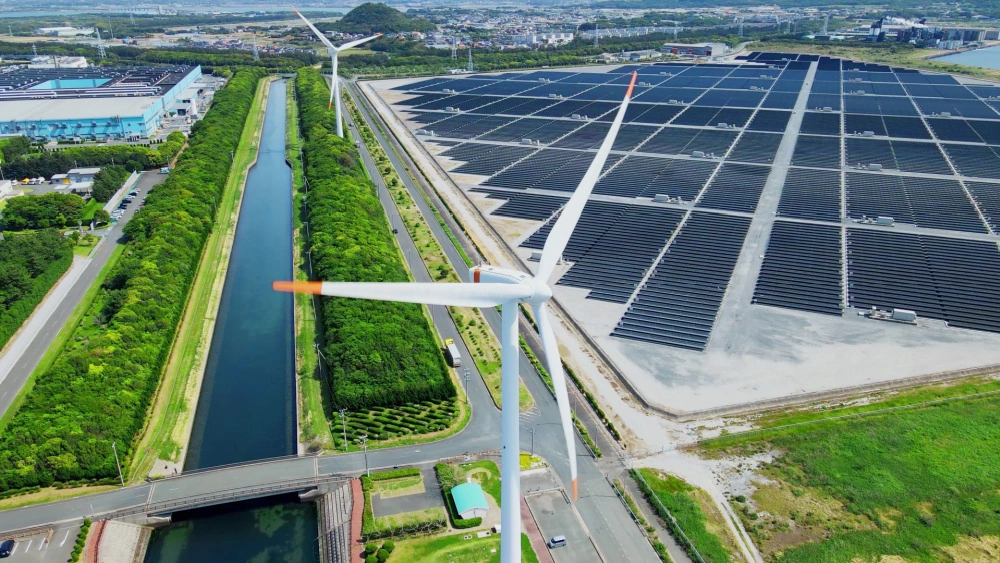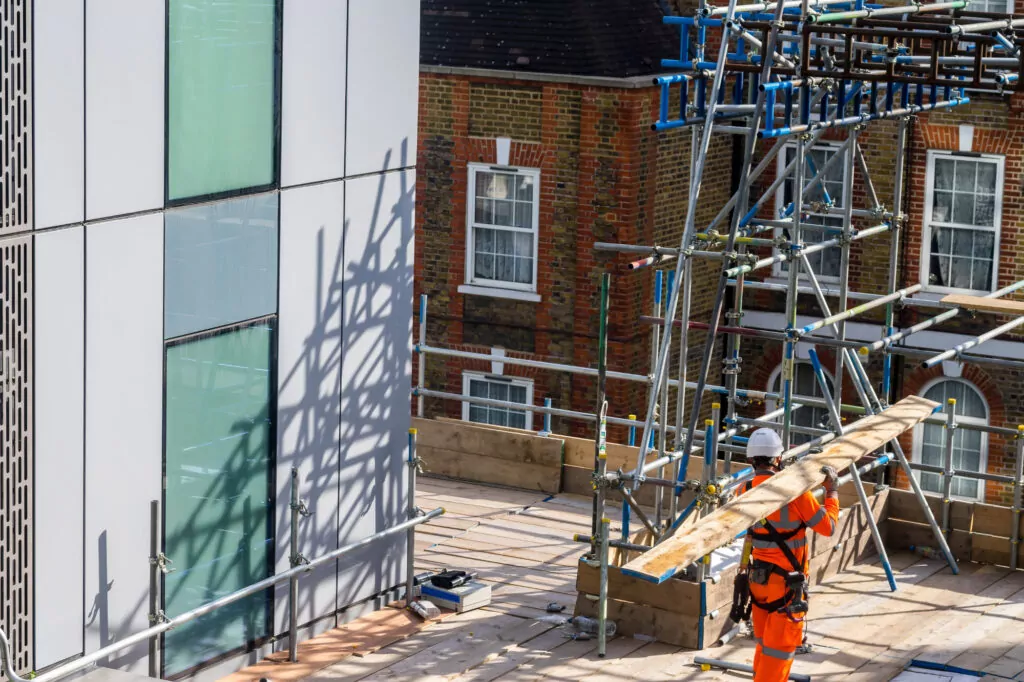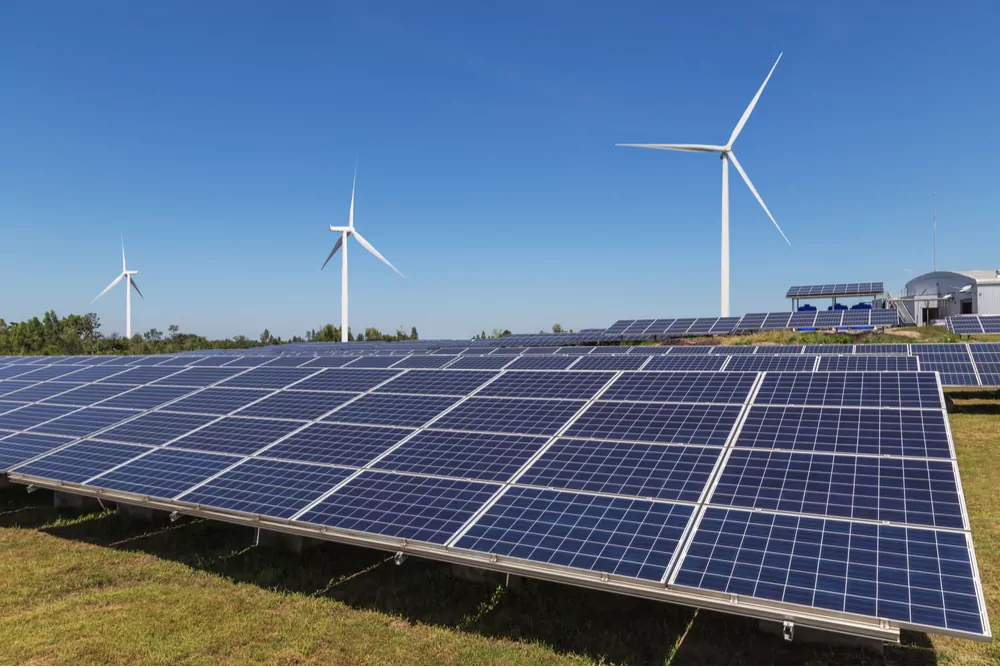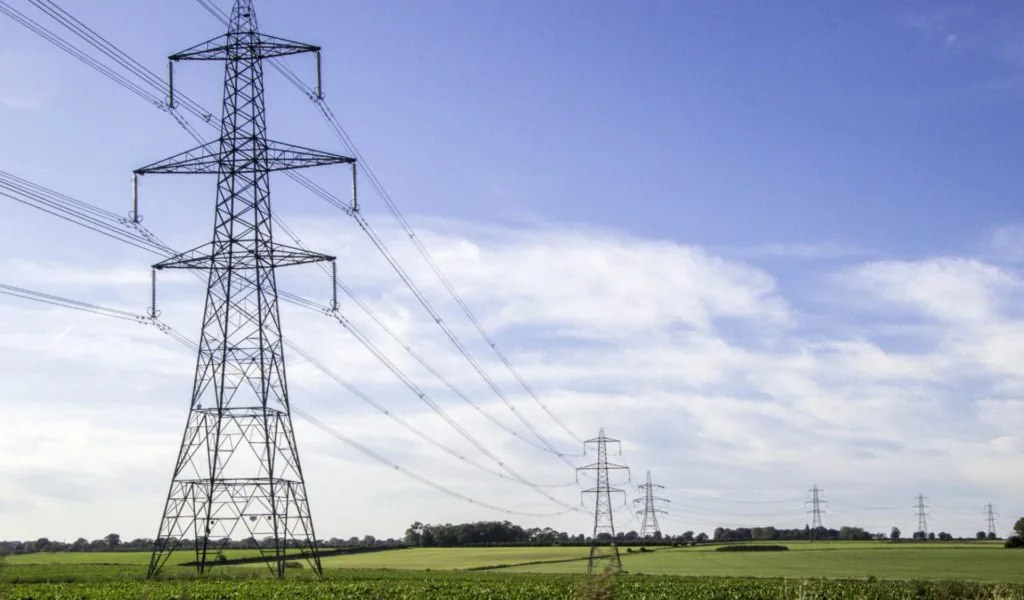
What does the Autumn Statement 2023 bring for projects in the renewable energy sector?

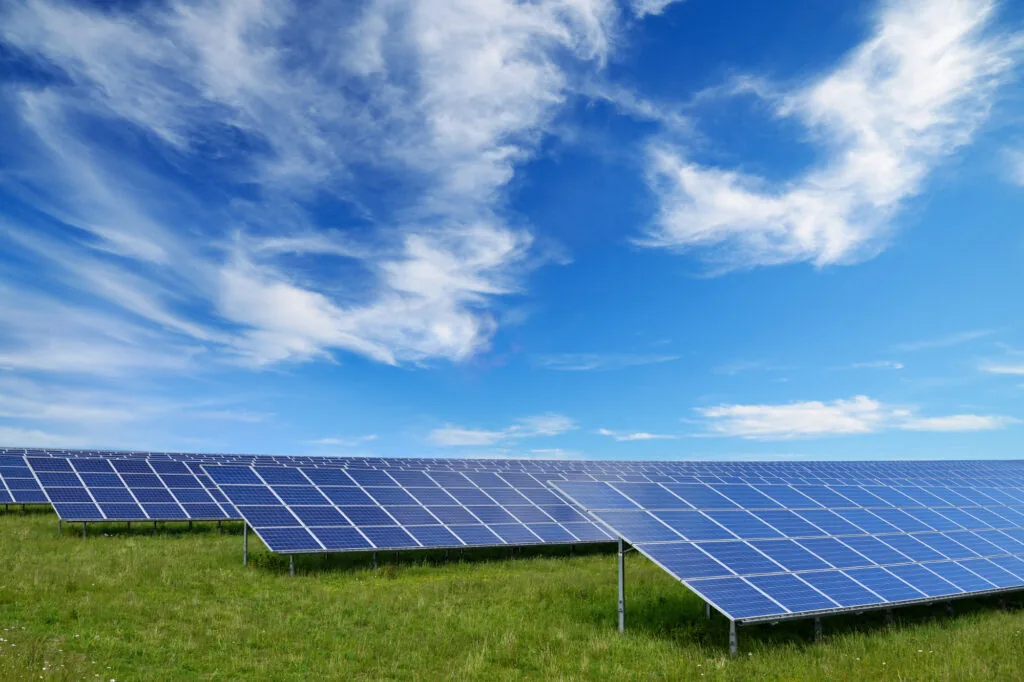
In August, the Electricity Network Commissioner Nick Winser CBE delivered the Winser Report making recommendations in order to reach Net Zero in 2050. The Autumn Statement accepts the recommendations in the Winser Report and sets out the Connections Action Plan (CAP).
Reforms to the planning process
One of the key points that Winser highlighted is that the planning process is holding back growth in renewable infrastructure projects and in the Autumn Statement the government has committed to reforming the planning process in order to speed up grid connection times.
Councils will offer premium planning services across England with guaranteed accelerated decision dates for major renewable energy project applications and would be required to refund companies who do not get a timely response to their applications, although there is no mention about addressing the fact that green energy projects are routinely refused.
Greater use of Local Development Orders
The government will also encourage greater use of Local Development Orders in England with investment of £5M so that key commercial projects can secure planning permission faster. The new planning process will prioritise projects which can be delivered quickly over a first-come, first-served approach and deter speculative connection applications.
CAP estimate that by removing delays in the connection queue it will release over 100GW of capacity for new projects, approximately 25% of the electricity needed in 2050 to power the economy and, cut the average connection time frame from five years to only six months.
This time frame not only speeds up the UK's transformation to become a Net Zero energy country, but it will make green infrastructure projects more attractive to domestic and international investors and boost the UK economy. Whether in practical terms it is possible to speed up connections to the National Grid remains to be seen.
Expansion of EV charging structure
The government will also look to accelerate the expansion of electric vehicle (EV) charging infrastructure by removing unnecessary planning constraints and will consult on amending the National Planning Policy Framework to ensure that EV charge points (including hubs) are prioritised under the planning system.
The CAP includes other proposals such as community benefits with up to £10,000 off electricity bills and introducing competition into onshore electricity networks in 2024 to benefit consumers. It is estimated that these actions will contribute to a reduction in electricity prices and deliver a net saving of £15-25 on average, per household per year to 2035.
Investment in the green industries growth accelerator programme
The Chancellor also announced that the government has committed £960m investment by 2030 for the 'green industries growth accelerator' programme. However, this is considerably smaller than the equivalent support offered by the US and EU, putting UK at a disadvantage to compete on the global stage for investment.
The Autumn Statement revealed that the Department for Energy Security and Net Zero (DESNZ) estimates that grid transmission reforms could increase investment by an average of £10 billion per year over the next ten years, which would speed up the transition of critical infrastructure to Net Zero.
The Energy Systems Catapult has reviewed the analysis by DESNZ and confirmed that following the reforms, the delivery of strategic transmission lines is likely to drop from 14 years to seven years, allowing UK to rapidly expand low carbon technologies in the energy sector.
These measures are all indicative that the government appreciates the need to rapidly develop a low carbon economy and that the UK must be easily accessible to investment if it is to reach Net Zero by 2050 or, have control of its energy security or have any authority on the world stage at a time when climate change is becoming a prominent global issue.
Many organisations including Greenpeace UK have welcomed the changes outlined in the Autumn Statement however, concerns remain that it doesn't go far enough, and that the UK will not be at the forefront of global change, or indeed able to keep up with the advancements made by other countries such as US and China.











